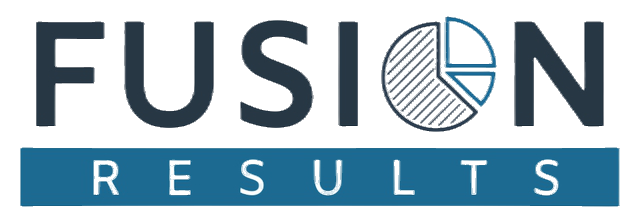Ryan Levesque, creator of the ASK method, became interested in consumer psychology after he studied neuroscience at Brown University. Under the guidance of Dr. Robert Mauer, he became fascinated by the psychology of fear and how asking individuals for personal details can be perceived as a threat.
Translating this into consumer psychology would mean that when someone lands on your website, and they are asked for their name and email address, it can be perceived as a threat too.
However, Ryan, explains there is a way to hack this fight or flight response by asking customers to take ‘baby steps’ or micro-commitments that do not receive a fear response.
Micro-commitments can be added to your website through firstly asking customers a multiple choice question that is related to your product or service, or that can give you more information about your client that you can use to market the correct product or service to them. For example, on a site for weight-loss products, the multiple choice question could ask if the customer is a man or a woman, as both genders typically have different weight-loss goals and will use different products. The name and email request will then follow the multiple choice question. This small change in tactic can yield an increase of 50% in your email opt-in conversion rate.
Use the ASK Method to know if what your customers want will make you money
This is only one of the small strategies that is implemented into the ASK Method to make it such a success. Ryan explains the ASK Method is founded on the methodology of Dr. Glenn Livingstone, and his work helped create the ASK Method’s most important question. It is an open ended question that is designed to calculate how much money you have to spend in advertising to get a person to fill out a survey. By how much money had to be spent in advertising compared to the amount of profit that could be made off of an individual person, deems whether that market is a winner or a loser and whether it would be worth investing in or not.
For example, if it takes $50 to convince someone in the scrapbooking market to fill out a survey and 10% of customers who fill out a survey buy a product, it would cost $500 to acquire a customer. However, you would not be about to make more than $500 in profit selling scrapbooking goods so the market is a no-go.
This analysis can be used to evaluate a new market, product or project as to whether it is going to be profitable and minimize your risks as you are already finding people who are willing to buy.
Asking a series of questions, similar to the above mentioned questions, figures out what customers want before they know it themselves, which can be difficult as people sometimes don’t know what they want.
Although, something business can always rely on is knowing that people know what they don’t want, and this brings us to the third benefit of the ASK Method, which is now that we know what people want, we give it to them simply and effectively though a quiz and not a survey.
The quiz leads customers down a path of several outcomes and is designed to ask customers just the right amount of information to discern the appropriate solution to their specific needs and present it to them.
Implement the ASK Method today!
Now, is the perfect time to get invested and start using the ASK Method since the technology is available to any business of any size, and if no one else in your market is using the ASK Method, then there is a huge window of opportunity for your business. On the other hand, if other businesses in your market are using the method, you don’t want to be left behind and need the tools to be able to compete. Either way, the ASK Method is the future of online marketing as it does not take the generalized one-solution-fits-all approach to marketing products.
